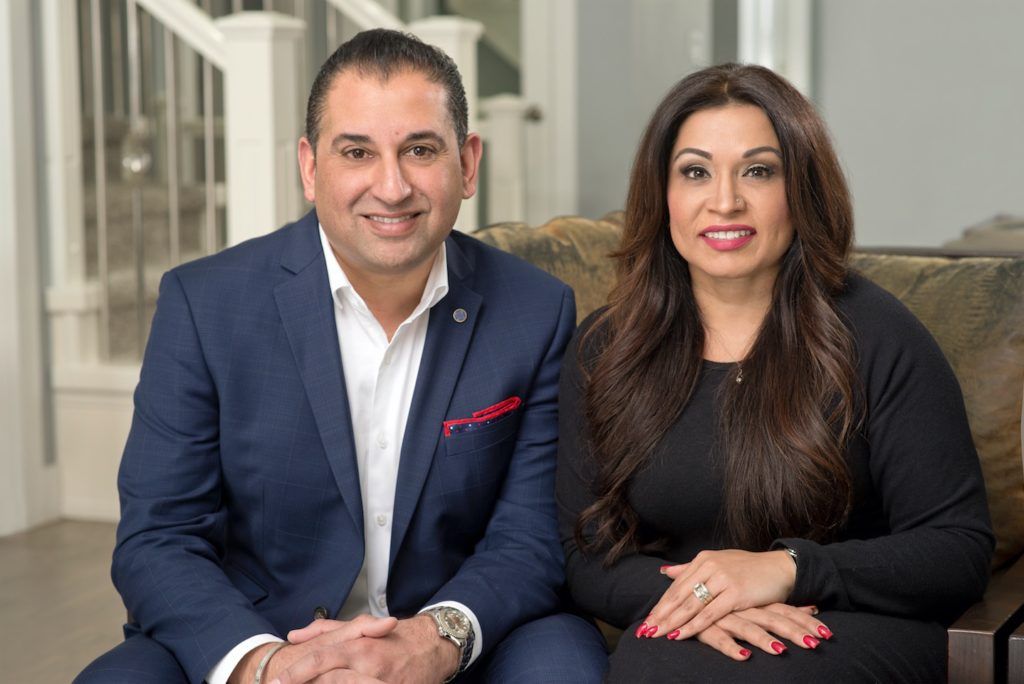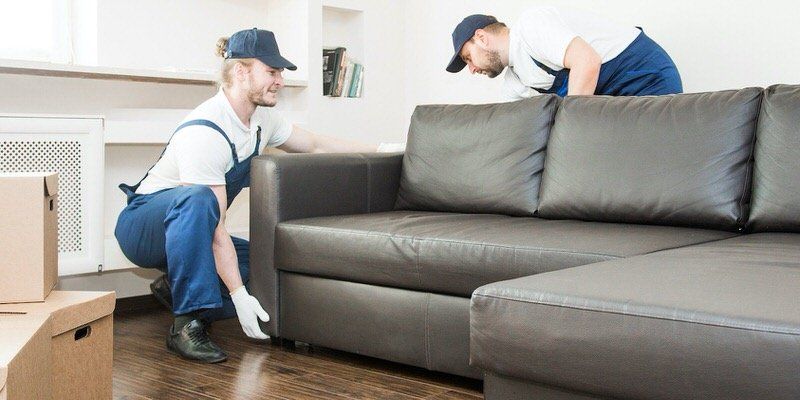Costs Associated with Buying a Property
So you want to buy a property, that’s great! Make sure you have your wallet ready to bring to the table. In addition to the downpayment, there are many other costs associated with purchasing a home; typically, these are called closing costs.
Your closing costs represent the things you will have to pay for out of your pocket, and the amount of money necessary to finalize the purchase of a property. And like most things in life, when it comes to closing costs, it pays to plan ahead.
The best time to work through the costs associated with closing your mortgage is before you even start looking for a place to buy. Closing costs should be part of the pre-approval conversation; they are just as important as saving for your downpayment.
If your mortgage is high ratio and insured through CMHC, they will want to see that you have at least 1.5% of the purchase price available in addition to your downpayment. Ensuring this money is available will make sure you have enough to pay for everything associated with buying a property.
So with that said, here is a list of the things that will cost you money when you’re buying a home. If you have any questions or would like a referral to an industry professional, please ask!
Inspection or Appraisal
A home inspection is when you hire a professional to assess the condition of the property to make sure that you won’t be surprised by unexpected issues.
An appraisal is when you hire a professional to compare the value of the property against other properties that have recently sold in the area.
The cost of a home inspection is yours, while the cost of the appraisal is sometimes covered by your high-ratio insurance, and sometimes covered by you!
Lawyer or Notary Fees
To handle all the legal paperwork, you will be required to hire a real estate lawyer. They will be responsible for the transfer of the title from the seller’s name into your name and will make sure the lender is registered correctly on the title. Chances are, this will be one of your most significant expenses, except if you live in a province with a property transfer tax.
Taxes
Depending on which province you live in, and the purchase price of the property you are buying, you might have to pay a property transfer tax or land transfer tax. This cost can be high; you’ll want to know ahead of time an estimated cost here, before ever writing an offer.
Insurance
Before any financial institution lends you money, they will want to see that you already have property/home insurance in place for the purchase. If disaster strikes and something happens to the property, they want to be listed on an insurance policy to cover the costs.
Unlike property insurance, which is mandatory, you might also consider mortgage insurance, life insurance, or a disability insurance policy that protects you in case of unforeseen events. Not necessary, but worth a conversation.
Moving Expenses
Congratulations, you have a home, now you have to get all your stuff there! Don’t underestimate the cost of moving your stuff. If you’re moving across the country, the cost of hiring a moving company is steep, while renting a moving truck is a little more reasonable. If you’re moving locally, hopefully, the cost of moving amounts to some gas money and pizza for friends.
Utilities
Hooking up new services to a property is more time consuming than costly. However, if you are moving to a new province or don’t have a history of paying utilities, you might be required to come up with a deposit for services. It’s not really worth moving into your new place if you can’t afford to turn on the power or connect the water.
So there you have it, this covers the majority of the costs associated with buying a new property. However, this list is by no means exhaustive, but it should serve as a guide as you work with trusted professionals.
If you have any questions about your closing costs, or anything else mortgage-related, contact us anytime, we’d love to hear from you!
Share
Sign up to to our newsletter to hear weekly updates on market news, timely buyer/seller tips, and up to date rates





